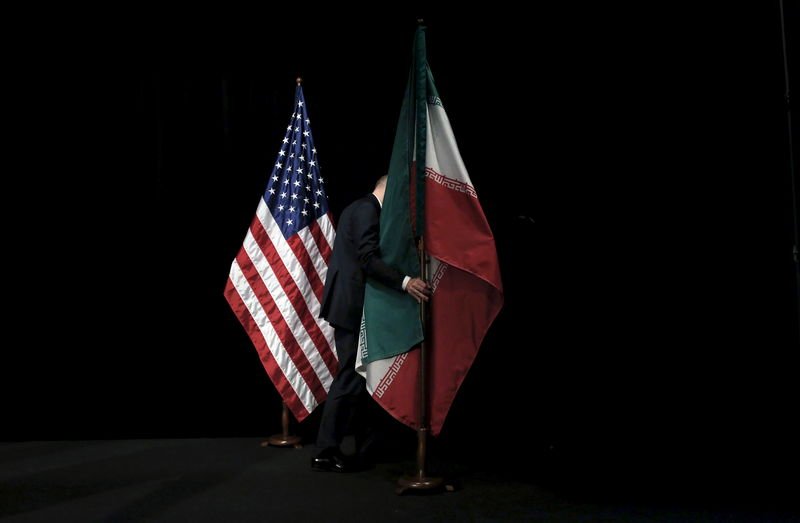
Switching on the newscast, you hear an anchor read: “An historic first today. The president visited Ayatollah Hashemi Rafsanjani, the supreme leader of Iran, accompanied by Iranian President Mohammed Javad Zarif in Tehran. This is the first time an American president has been received by the supreme leader of Iran since the Iranian revolution in 1979, the latest sign of the improved relations between the two countries after the nuclear deal signed 10 years ago under the Obama administration”
Sara Aridi, Christian Science Monitor
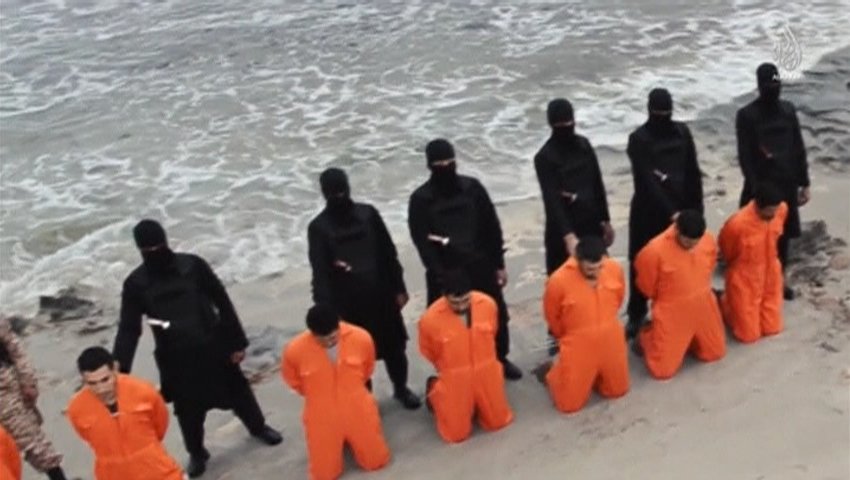
Abu Bakr al-Baghdadi, who has been called the caliph of the self-proclaimed Islamic State (ISIS), has reconsidered the terrorist group’s gory media strategy.
Mr. Baghdadi banned the dissemination of the group’s infamous execution videos in a report issued to ISIS media offices in Syria and Iraq, according to local news sources.
While the militant leader made no suggestion of curbing the group’s atrocities, he demanded that any released footage of beheadings should exclude scenes of the actual execution and only expose moments before and after the act takes place.
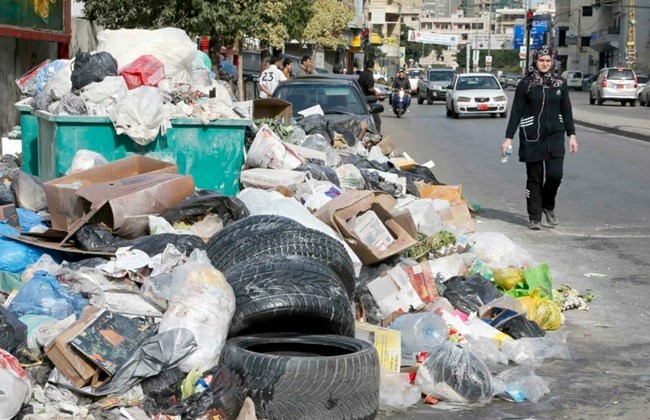
BEIRUT — Garbage is piling up on the streets of Beirut amid a growing dispute over tiny Lebanon’s largest trash dump.
The main company in charge of picking up the trash, Sukleen, has its workers sweeping Beirut’s streets, though not picking up any of the garbage. Its spokesman said Tuesday the company can’t take any more waste to the Naameh landfill, just south of Beirut.
Naameh has been functioning since 1997, but it was scheduled to close July 17. Since then, residents of Naameh and nearby villages have prevented trucks from reaching it to unload trash.
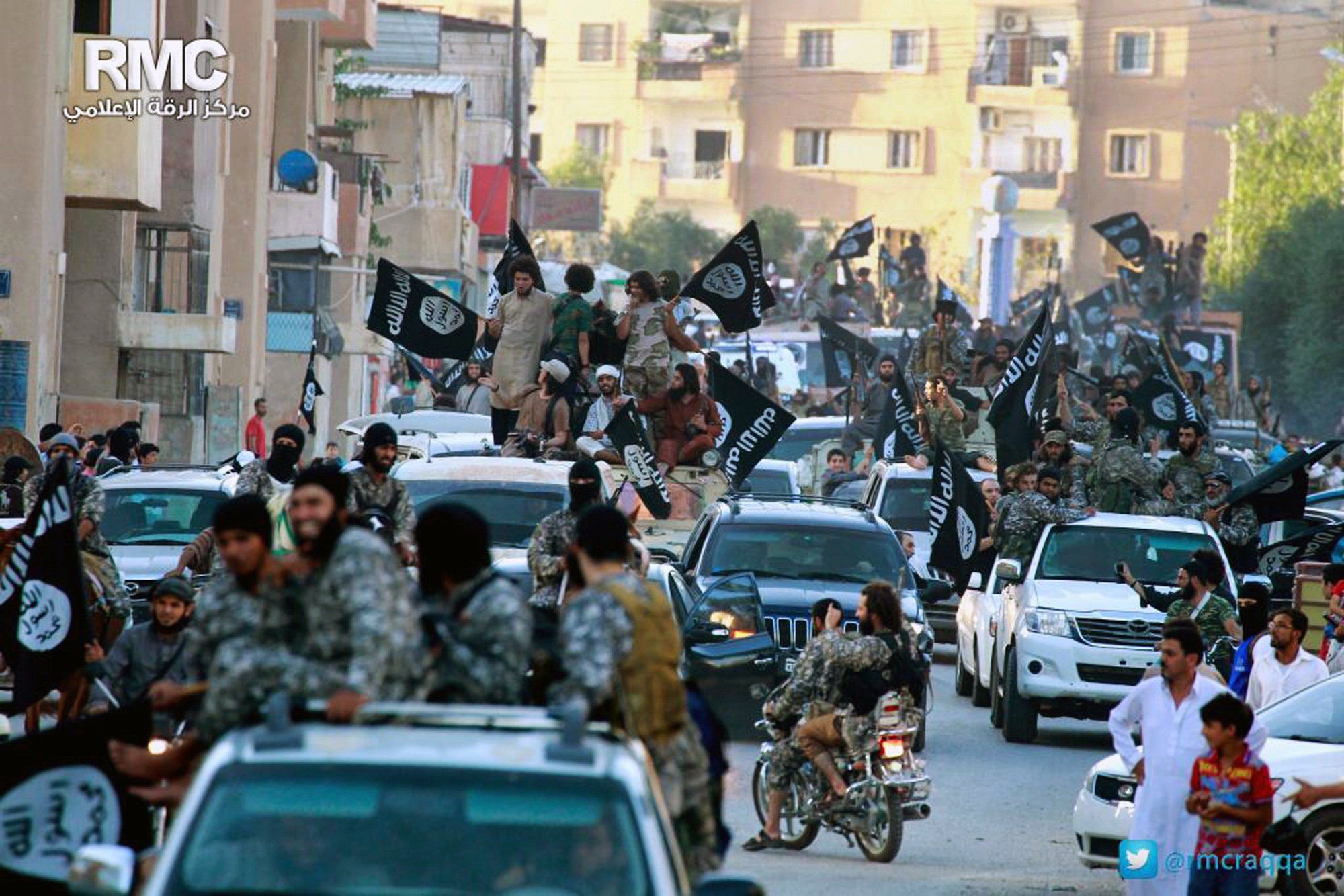
ISIS has announced it is going to shut down private internet access in Raqqa, the eastern Syrian city that functions as the extremist group’s de-facto capital, the Financial Times reports.
The move will make it harder for residents to keep in contact with the world beyond ISIS’s self-proclaimed "caliphate," as the only Internet connections left would be accessed through ISIS-controlled internet cafes, according to activists.
Parts of northern Syria, including Aleppo, have been without access to internet since March now.
The group circulated leaflets informing internet providers they had fours days to cut off private wifi connections, according to the Daily Telegraph. “The following is obligatory on all Internet providers: the removal of Wi-Fi connections distributed outside of Internet cafés and private connections, including for Islamic State soldiers,” the leaflet read.
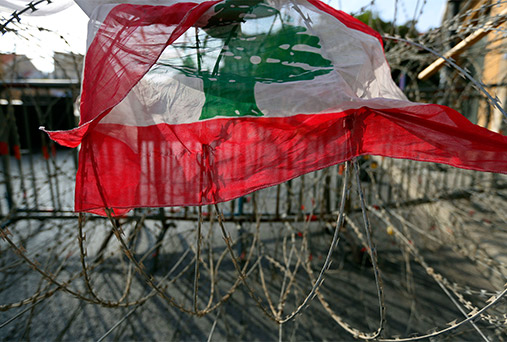
EXECUTIVE SUMMARY
Lebanon survives against all odds in a troubled environment thanks to a remarkable immune system, but that resilience has become an excuse for a dysfunctionality and laissez-faire attitude by its political class that could ultimately prove the country’s undoing. Its Syrian neighbour, conjoined as if a Siamese twin, is drowning in blood, pushing waves of refugees across the border. Hizbollah, the Lebanese Shiite political party and armed movement, has been drawn into an increasingly vicious, costly and desperate regional sectarian struggle. Internally, stakeholders, fearing collapse of a flimsy political equilibrium, have failed to elect a president or empower the prime minister, preferring paralysis to anything they believe might rock the boat. Syria’s conflict is bringing out all kinds of problems, old and new, which in the long term have every chance of proving destabilising. Despite the urgency, expecting bold measures is unrealistic, but politicians could and should take a small number of concrete steps that together would help reduce tensions while waiting the years it may take for the Syrian conflict to abate.
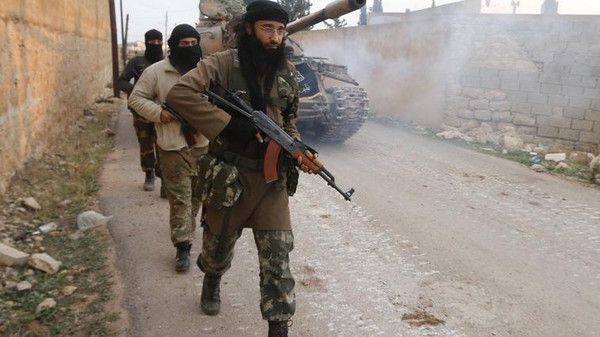
Sunday, 19 July 2015
Al-Qaeda’s Syrian affiliate has offered to release three Lebanese soldiers in exchange for an ex-wife of the leader of the jihadist Islamic State of Iraq and Syria (ISIS) group and four other female prisoners.Al-Nusra Front, which along with ISIS has held 25 Lebanese soldiers and policemen hostage for almost a year, issued the offer in a statement aired on Lebanon’s MTV television on Saturday night.“If five of our sisters leave prison… we will hand over three soldiers in exchange,” said Abu Malek al-Shami, Al-Nusra’s “emir” in the Syrian region of Qalamun bordering Lebanon.
By ANNE BARNARD BEIRUT, Lebanon — Five Czechs and their Lebanese taxi driver disappeared in Lebanon’s Bekaa Valley on Saturday in an episode that the authorities said they were investigating as a possible kidnapping. The Czechs’ car was found in Kefraya, a relatively secure area that is popular with foreign tourists and Lebanese alike for […]

It was mid-afternoon and already the crowd had given itself over to wild abandon. Standing on picnic tables, skinny girls in hot pants and crop-tops gyrated to thumping beats, upending bottles of vodka into the mouths of the bare-chested men dancing beside them.
Having worked out obsessively – though even in the gym they keep their make-up immaculate, their nails painted, and their hair perfectly straightened – the ladies revelled in showing off their figures, in the unlikely setting of a hen party in the Lebanese mountains.
by Ed West,
Ed West is the deputy editor of the Catholic Herald
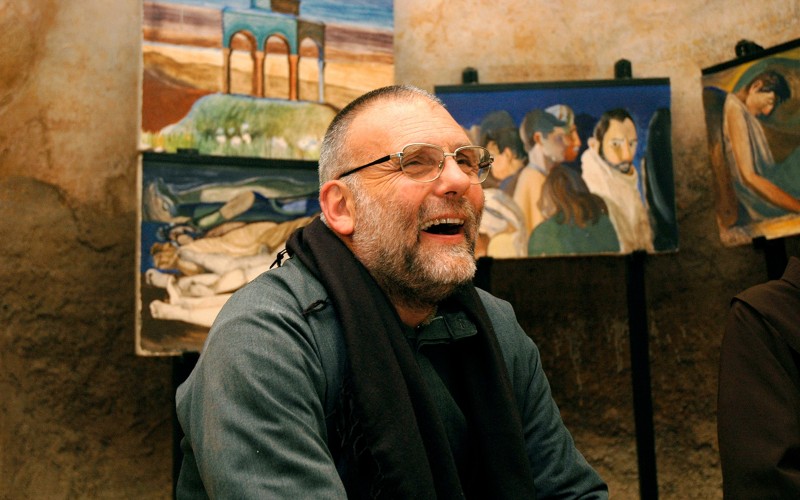
Syria may be the most dangerous place in the world to be a priest today. But even that war-battered nation occasionally produces good news.
On Monday media reported that Fr Dhiya Azziz, an Iraqi cleric seized by jihadists earlier this month, had been released unharmed.The Franciscan order, to which Fr Azziz belonged, thanked those who had prayed for the priest’s liberation but urged well-wishers not to forget other clerics missing in Syria.
Fr Azziz’s release brings the number of captive clergy in Syria to six. But there is an ever-present danger that that number will increase. The going rate for a kidnapped cleric is said to be $200,000. After four years of the war, the Syrian flock has been scattered far and wide.

Recently called “the Silicon Valley of the Middle East” by CNN, and “the Middle East’s Tech Hub” by TechCrunch, Beirut’s tech scene is the darling of international media of late. (Though Techonomy first wrote about it over two years ago.) The tech scene here has turned a corner, going from fledgling to now officially on the map. Among the reasons: the launch of various funds that will bring over $100 million in investments to Lebanon’s startup economy over the next five years, and the ongoing efforts of Lebanon’s Central Bank to decrease the risk of investing in startups.
But now three new companies that specifically aim to foster tech startups are setting up. Two of them are accelerators, and one will invest and nurture slightly more mature companies. In a city of 2.2 million, some are wondering, is this a bubble? And if so, when will it burst?



